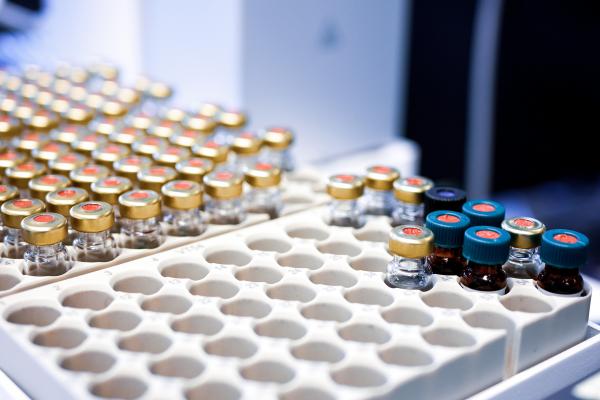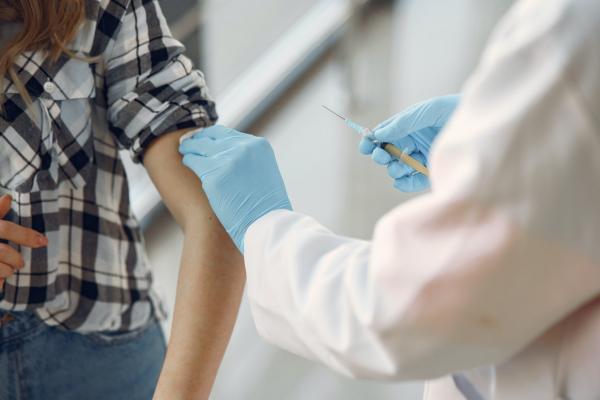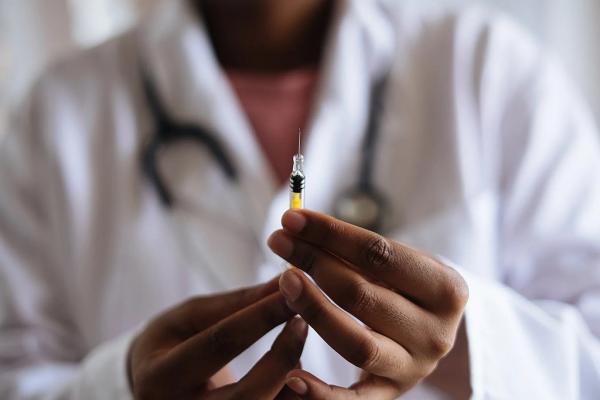In search of immunity: the science of vaccines
From a universal flu vaccine that could save us from a pandemic, to vaccines that target ticks and mosquitoes, Horizon looks at the science of vaccines during the month of February.
The bacteria that causes TB infects over a quarter of the world’s population, and we speak to the European scientists who are closing in on a vaccine for the disease that could save millions of lives.
We also look at the rise of measles and mumps as a result of fears over the MMR vaccination – and interview researchers who are collecting information to try to prevent unnecessary future vaccine scares.






